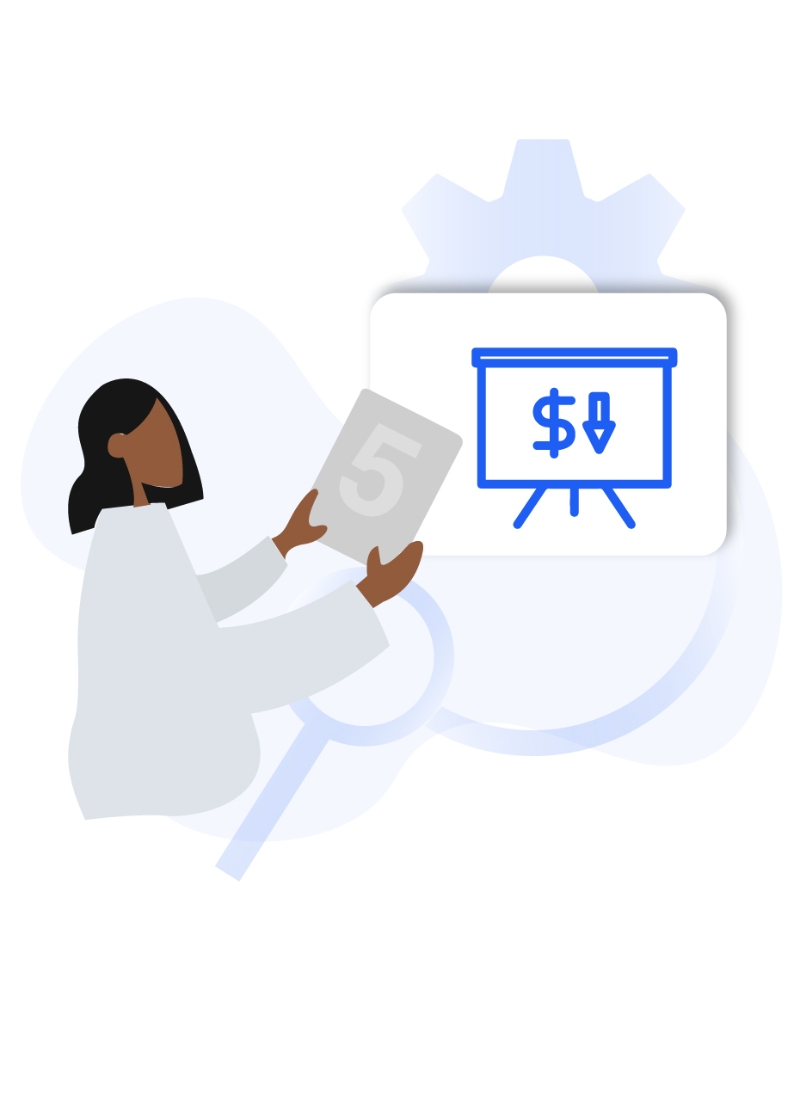
The Coronavirus pandemic has caused major financial concerns for people all across the world, with extended global lockdowns delivering uncomfortable hiccups to the global economy. If the markets are any indicators, it will take quite a bit of time for a full-scale economic recovery after Covid-19. However, with the future looking optimistic and economies trying hard to get back on track, we must learn from this tough period and take measures. Experience is one of the best teachers, so here are 5 lessons that this entire experience has taught us.
#1 Building a Buffer
The first major financial lesson that Covid-19 has taught us is the importance of building a safety buffer. A safety buffer, ideally, should have at least as much cash as you earn in 2 months, on an average. While this number may sound arbitrary, it is theorised by financial experts (and called the 50/30/20 rule) that, on an average, any person should ideally spend 50% of their income on necessities, 30% on luxuries, while saving the remaining 20% for the future.
By building a buffer which is worth 2 months’ income, you are essentially creating a safety vest which will help you survive for 4 months in the worst-case scenario. Keep in mind that 4 months is derived assuming that you get no income at all for 4 whole months. If you follow the rest of the tips in this list, you should have some steady flow of cash or the other, extending your “survival period” in an emergency for a substantial amount of time.
#2 Creating a Second Stream of Income
This requires some planning, commitment and a reasonable amount of time. Building a separate stream of income independent of your salary will be very useful in times of crisis. Additionally, it also will serve as a nice additional splurge of cash when things are normal. This second stream of income may be from investments, real estate, setting up a self-sustaining business, or even a passion that can be monetized. The key here is to ensure that you understand that this second source need not be nearly as high as your primary source of income. As long as you’re able to steadily accrue some amount of money, it adds up in the long run and can really help you in times of financial crisis.
#3 Invest, Invest and Invest
People often misunderstand the point of tip #1 (building a buffer) and overdo it. Sometimes they start building up too much of a buffer, resulting in a lot of excess money lying idle, that is never going to be spent. Passive money, which does not earn more money is equivalent to simply losing more money. If you talk to anyone in the finance industry, they will be sure to talk about the time value of money, and how money loses its value over time due to a variety of reasons. For instance, INR 100 was valued much higher 10 years ago, than it is now.
The smart thing to do will be to invest and save anything more than 2 months’ income from your buffer, and constantly save and invest around 20% of your regular income for your future. Over time, every single penny that you invest adds up and earns additional income without you having to actively put all your time in it. Starting early and continuing regularly are the keys to ensure that you earn enough money, so you can benefit the most from investing.

#4 Diversify Your Portfolio
This financial lesson goes hand in hand with the previous one. While investing, make sure that you don’t put all your eggs in one basket. Coronavirus had a huge impact on the markets, causing a lot of money to be lost in the short run. Many who were disproportionately invested in high risk instruments would’ve suffered immensely when the markets crashed amidst the Coronavirus crisis. On the other hand, those with a balanced portfolio across instruments can rest assured knowing that they are still doing relatively alright.
Make sure you vary your investments across a variety of instruments based on your risk appetite. Typically, higher risk signals higher rewards, but with lower levels of return, there comes increased stability. By diversifying your portfolio, you’re not ensuring that you earn the maximum possible amount, but you’re certainly ensuring that you lose less. if something goes wrong.
#5 Make Smart Use of FinTech
Your smartphone is sure to have plenty of apps, serving a multitude of different purposes. Why not have an app which helps you manage your finances too? There are apps readily available for financial tracking, easy loans etc.
Salt promises to be your one-stop solution for all your financial needs. Especially during times like these, where keeping track of each penny is crucial and managing your wealth is absolutely essential. It’s all significantly easier if you can do it all in one place.


